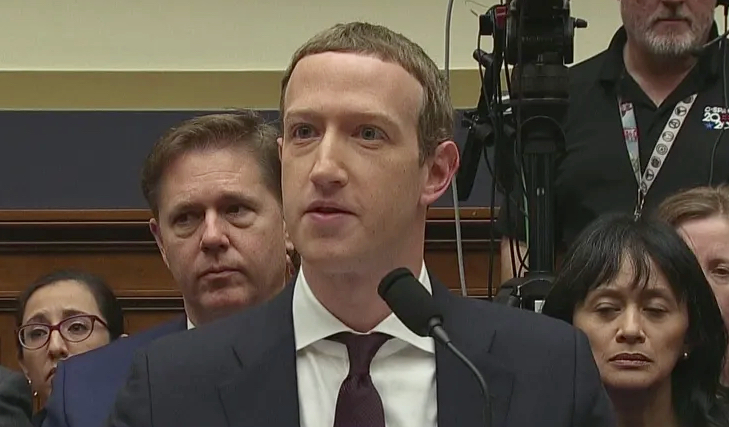In deciding to hire anyone, an employer must answer a fundamental question, will the value of the productive output of the potential employee be greater than the cost of hiring him or her? From a pure business perspective, this is the only way an employee can be justified. Because of this, minimum wage laws price certain people out of the labor market. With mandated employer taxes such as those required for Social Security and Medicare, at the current minimum wage wage of $7.25 per hour it costs a potential well employer over $8.00 per hour to hire a new employee. And with mandated health insurance this number will be much higher as of next year. At a $9.00 per hour minimum wage, including all other mandated labor costs, it will probably cost about $12/hour for a minimum wage employee. What this means is that everyone whose skills are such that they cannot produce more than $12.00 per hour worth of productive output will be unable to find work. This will not, of course, affect most college graduates, accountants and skilled manual laborers such as electricians and plumbers. It will instead affect those in society who have little education and little or no job experience, i.e., teenagers, high school dropouts, etc. These are allegedly the people Obama would like to be helping.
Empirical estimations by two Duke University economists suggests that for each increase of 10 percent in the minimum wage there will be a 2.9 percent decrease in the likelihood that a low skilled worker will find employment.[i] When one factors in health insurance costs mandated by Obamacare a $9 minimum wage would probably translate into a 50 percent increase in the cost of hiring a minimum wage employee. This tradeoff implies nearly a 15 percent decline in the chances that a low skilled worker will find employment.
President Obama and other advocates of ever increasing minimum wage mandates act as if there is no relationship between productivity of the worker and wages paid. By assuming that increasingly higher minimum wages will cause no one to be unemployed, they must also be assuming that there is no one in the labor force whose skills are so low that they cannot command the higher wage and cost of employment. The other assumption, which I do not rule out, is that they understand these simple economic relationships quite well and either don’t care about the consequences or, because of other unstated motives, welcome them.
Lastly I’d like to mention the longer-term consequences of raising the minimum wage. In preventing very low skilled workers from entering the labor force, minimum wage laws deny them the opportunity to move up the economic ladder. For most poorly educated young workers, work experience is more important than salary level. It is on-the-job experience and training that ultimately allows them to climb the ladder of success to better paying jobs.
Low wages define poverty they do not cause it. Wages, like other prices, reflect underlying realities. In this case the underlying reality being reflected by low wages is that there are many people whose skills are such that they cannot command a higher wage. The market wage is the messenger that conveys this reality. If the president is truly concerned about helping those earning the lowest incomes in this country or maybe the 22 percent of 18-29 year olds African Americans who are unemployed, he should be concerned about their skill levels. Why is it that there are non-teenage workers whose skills are so low that they cannot command a “living wage,” or cannot find a job at all? Clearly the focus should be shifted to issues related to educational reform and how institutions might be rearranged to better facilitate the acquisition of marketable skills and work experience. Obama’s push for a higher minimum wage as a “solution” to the problem of low wages is a tacit admission that his beloved government schools and collection of job training programs are failing to serve the people who need serving the most.
[i] Peter Arcidiacono and Tom Ahn, “Minimum Wage and Job Search: What Do Employment Effects Really Measure?” Employment Policy Institute, August, 2004found at http://www.epionline.org/study_detail.cfm?sid=75.


